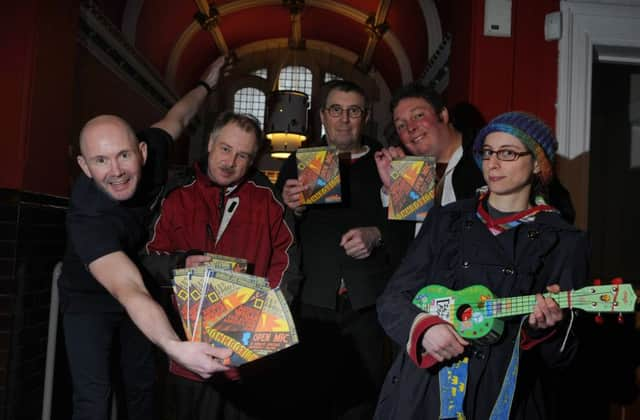Autism group's grand plans


Autistic Wigan Hub will adopt a dynamic charitable model that will combine leisure programming with social development and greater mental health support.
Darren Duddle, Autistic Wigan project co-ordinator, said that by choosing an ‘association model’ for the charity, members the hub would be given a vote in decisions that affect their futures, as opposed to a more traditional ‘foundation model’ in which a board of trustees makes all the major decisions.
Advertisement
Hide AdAdvertisement
Hide Ad“We felt this was the most appropriate model to get funding.
“It was based around what our members wanted. It’s been understood by engaging with them, that there were more needs identified than what they were given.
“It’s about how they can learn to ask for these things.”
Darren also added that registering as a charity was the best way to ensure greater support for its members.
He added: “We only meet for a couple of hours once a week, so our members are socially isolated a lot. Now, with guidance, we could have week-long leisure programmes that will allow them to learn new skills and socialise.
Advertisement
Hide AdAdvertisement
Hide Ad“At the moment we are run as a voluntary group, but we need full-time people to provide this structured leisure programme in a safe and practical way.”
And the benefits of such projects are reaped by more than just the autistic Wiganers who take part in them, according to Darren.
“Autism in the 21st century is not just ‘autism’. They also might have epilepsy or ADHD for example. Someone with autism who has taken a social activity through us can learn how to trust people and tell them about their conditions.
“So if, for example, they have a seizure, their friends around them can learn to help them quicker.”
The trustees are set to meet with the Hub members tonight at The Old Courts for the first consultations.